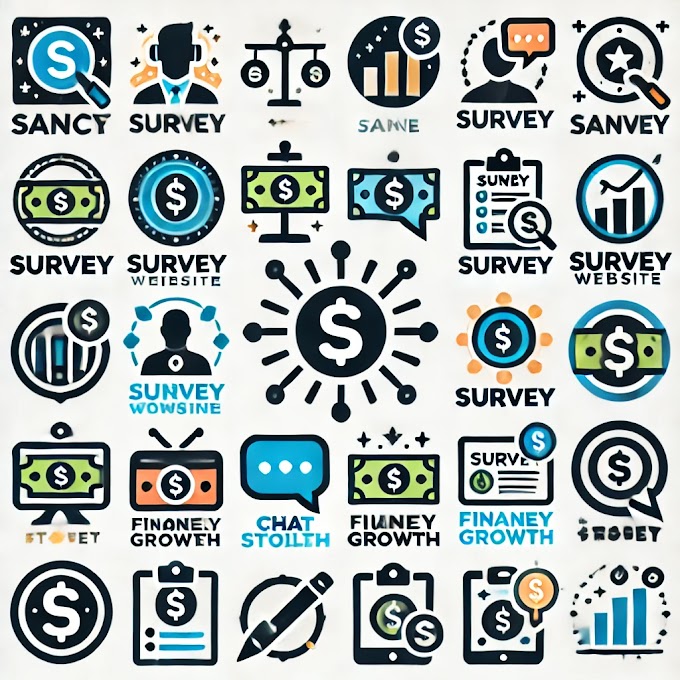Blockchain technology, originally developed as the backbone for cryptocurrencies like Bitcoin, has rapidly evolved into a transformative tool with applications far beyond digital currencies. At its core, blockchain is a decentralized, transparent, and immutable ledger that records transactions across a distributed network. These characteristics have enabled its adoption across various industries to solve complex challenges.
Applications of Blockchain Technology
-
Supply Chain Management:
Blockchain enhances transparency and traceability in supply chains. Companies like Walmart and IBM use blockchain to track the origin, journey, and quality of products, from raw materials to finished goods. This ensures authenticity, reduces fraud, and improves efficiency. -
Healthcare:
In healthcare, blockchain is used for secure patient data management. Immutable records improve data integrity, enable better collaboration among stakeholders, and enhance patient privacy. Blockchain can also support drug traceability and combat counterfeit medicines. -
Voting Systems:
Blockchain offers secure, tamper-proof voting systems that ensure transparency and trust. It reduces the risk of election fraud and increases accessibility for voters, even in remote locations. Experiments with blockchain voting have already shown promise in places like Estonia. -
Smart Contracts:
Smart contracts are self-executing contracts with predefined rules written into code. These are widely used in industries like real estate, insurance, and finance. For example, in real estate, blockchain streamlines property transactions by automating verification processes and removing intermediaries. -
Energy Sector:
Blockchain enables peer-to-peer energy trading in decentralized energy grids. Consumers can sell surplus renewable energy, like solar power, directly to others, bypassing traditional utility companies. -
Digital Identity Management:
Blockchain provides individuals with control over their digital identities, reducing dependency on centralized systems prone to breaches. This ensures secure, verifiable identities for applications like banking, travel, and government services. -
Non-Fungible Tokens (NFTs) and Intellectual Property:
Blockchain facilitates the creation and transfer of digital assets, ensuring ownership and authenticity. NFTs are used in art, gaming, and intellectual property management.
Challenges and Future Prospects
While blockchain offers immense potential, challenges such as scalability, high energy consumption, and regulatory uncertainty remain. However, advancements in technologies like proof-of-stake and hybrid blockchain models are addressing these issues.
Conclusion
Blockchain technology’s ability to deliver transparency, security, and decentralization has made it a versatile tool across industries. Beyond cryptocurrencies, it is revolutionizing traditional systems and paving the way for more efficient and equitable solutions in diverse sectors.




0 Comments